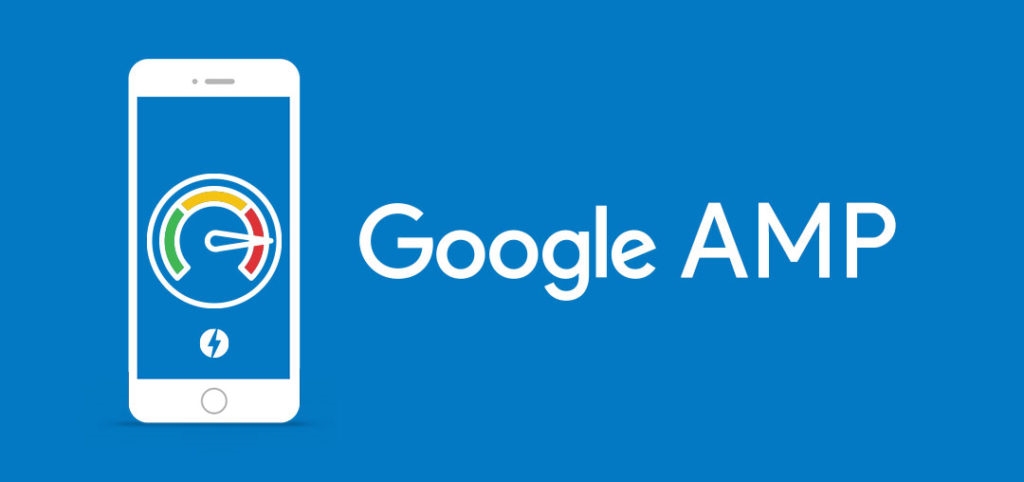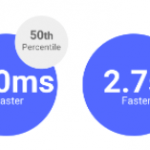Google AMP Update To Discourage Publishers From Using ‘Teaser Pages’
Google AMP Update To Discourage Publishers From Using ‘Teaser Pages’
by Laurie Sullivan , Staff Writer @lauriesullivan, November 17, 2017
Consumers searching for information, products and services on google.com certainly like the idea of pages loading faster on the engine, but some publishers continue to struggle with implementing the proper code and procedures that adhere to Google’s Accelerated Mobile Pages project.

Publishers have developed workarounds — AMP teaser pages that allow readers on mobile devices searching for content on google.com to find the content on regular pages, but click through from AMP-only sections on Google.
On Thursday, Google said it would make changes during the next few months that give the fuller experience priority. The AMP teaser pages will not open up.
“In these instances, users have to click twice to get to the real content,” wrote Ashish Mehta, product manager at Google.
Mehta estimates there are 25 million domains using AMP, but this scenario of using a “teaser” page only adds up to a small number.
Mehta provides an example in the blog post of what this may look like. The image is self-explanatory, providing the brief text of the main article and then asking the user to click to visit another page to finish reading the article.
AMP was introduced to dramatically improve the performance of the web and deliver a fast, consistent content consumption experience. In keeping with this goal, the requirement of close parity between AMP and canonical page, for pages that wish to be shown in Google Search as AMPs, will be enforced.
Where the AMP page does not contain the same critical content as its non-AMP page, Google will direct users to the non-AMP page. This does not affect search ranking.
“The pages will not be considered for Search features that require AMP, such as the Top Stories carousel with AMP,” Mehta explains. “Additionally, we will notify the webmaster via Search console as a manual action message and give the publisher the opportunity to fix the issue before its AMP page can be served again.”
MediaPost.com: Search Marketing Daily
(24)













